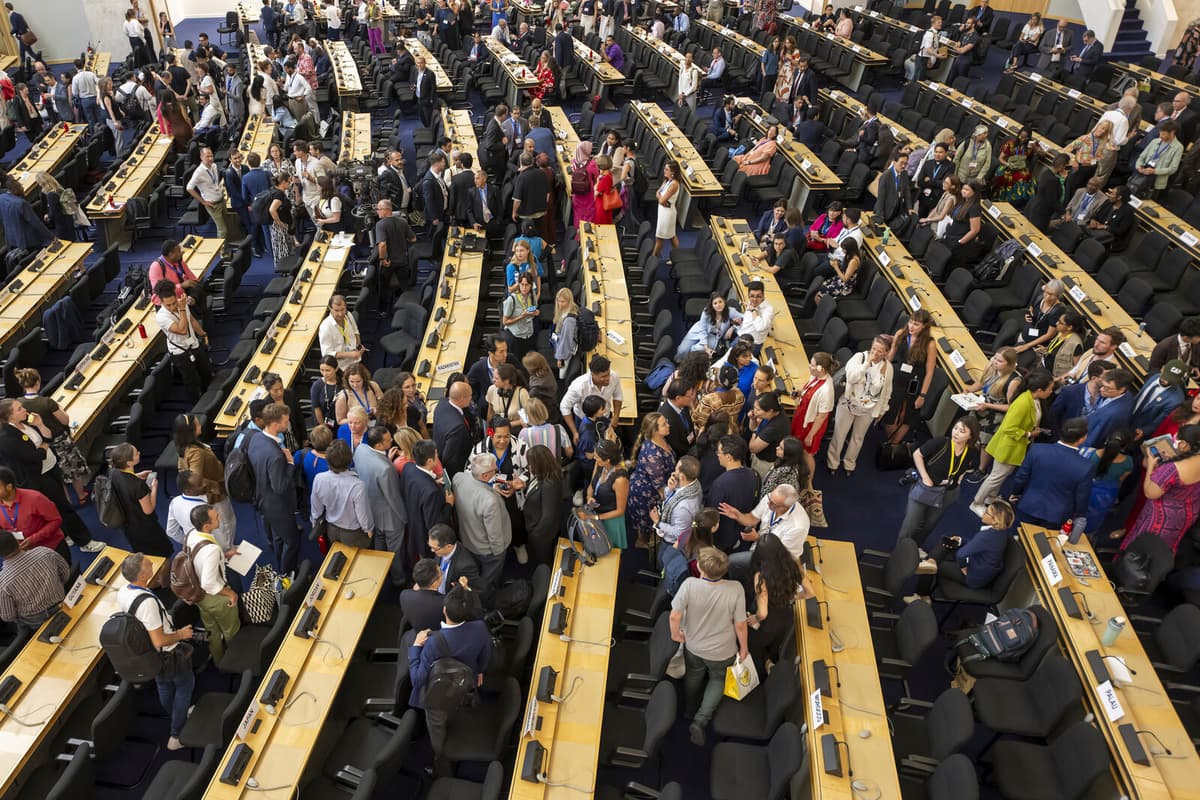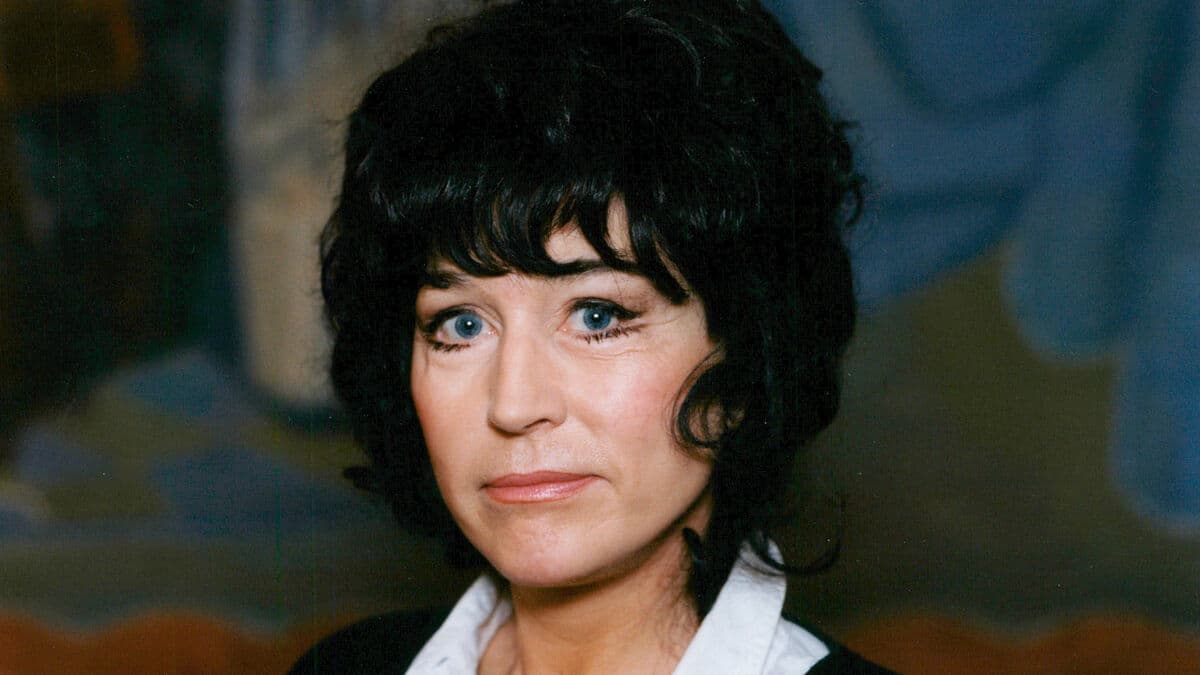Negotiations at the UN headquarters in Geneva, Switzerland have been going on for eleven days, with the goal of concluding a historic agreement to stop plastic pollution in the world.
But just like at the last meeting in South Korea last year, the negotiators are leaving without having reached an agreement.
Without an agreement, plastic consumption and production will increase uncontrollably. We will get an increased problem with waste that can lead to damage in nature, says Andreas Prevodnik.
Thousands of hazardous chemicals
But it's not just waste in nature that's worrying.
Plastic is a chemical product that also has a major impact on health.
It's difficult to generalize, in plastic we know of at least 16,000 different chemicals. Many of them have insufficient data, it's not possible to make risk assessments on them. But about 4,200 we know are hazardous. They should be regulated in some way in a plastic agreement, says Prevodnik.
It's about everything from potentially hormone-disrupting effects to increased risks of cancer.
Andreas Prevodnik says that all countries that attended the meeting in Geneva in one way or another wanted to negotiate an agreement.
But it's a major failure. Now we need to take a step back and see what mistakes have been made. We need to find new forms for how discussions should take place. The pressure on countries will be great, he says.
If all countries want an agreement, it may seem like a formality to get it, but according to Prevodnik it's not that simple.
We need an agreement, but not at any price. The high-ambition countries think that the attempt at a draft agreement is far too weak. It's dysfunctional and won't be able to live up to the goals that the agreement should have.
"The earth does not belong only to us"
In the negotiations, there were two camps. In one, the majority of countries, including those in the EU, want an agreement that applies to restrictions on the entire plastic cycle from design, production, and recycling to waste management, as well as a global phase-out of certain hazardous plastic chemicals.
In the other camp are countries such as Saudi Arabia, Russia, and Iran, which want the agreement to only deal with how plastic waste is handled after production and use.
The earth does not belong only to us. We are guardians for those who come after us. Let us fulfill that duty, says Swedish EU Commissioner Jessika Roswall.






